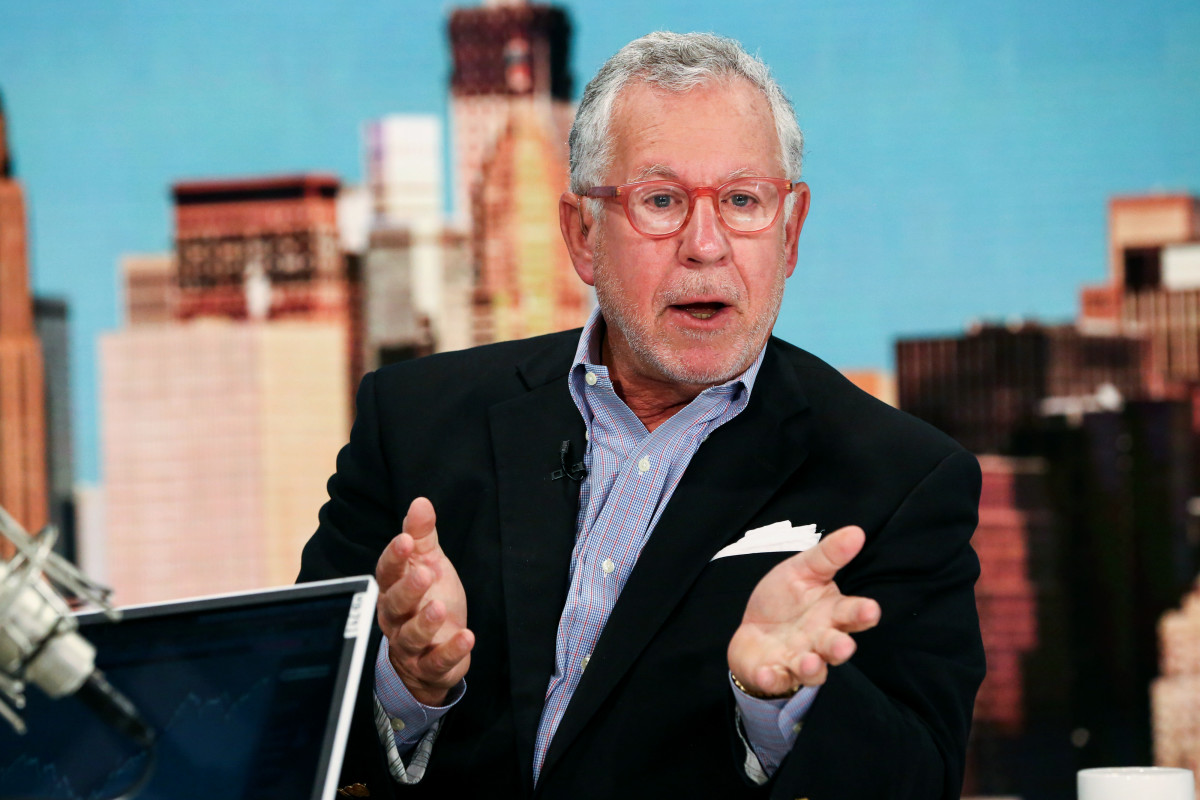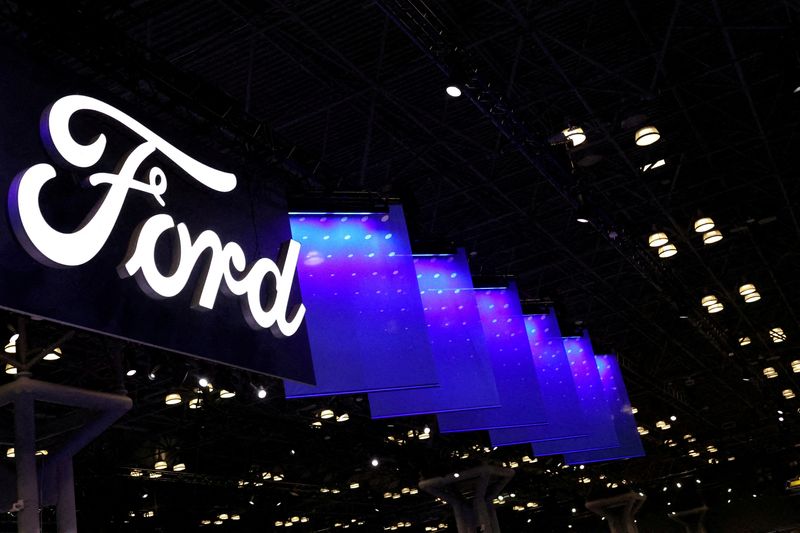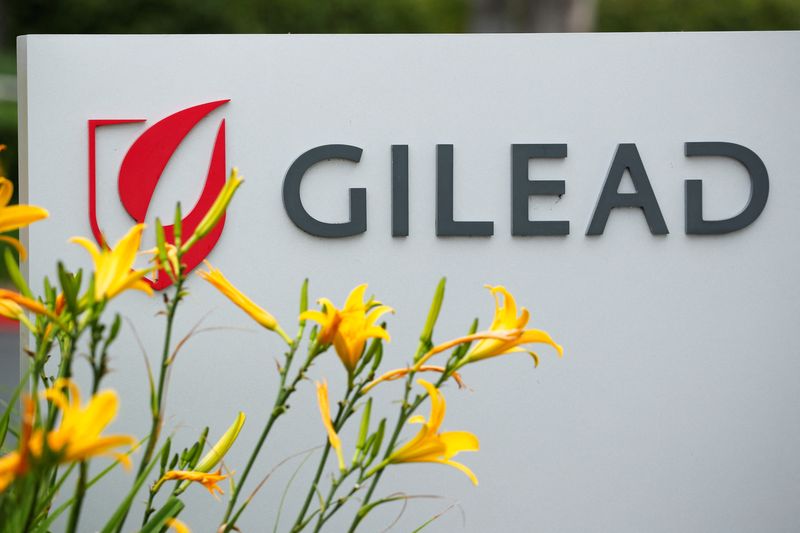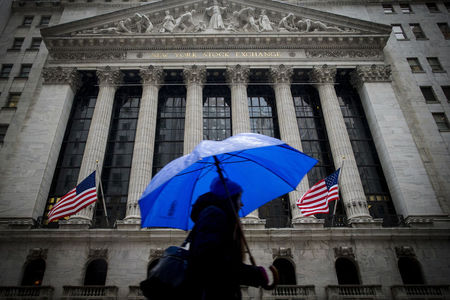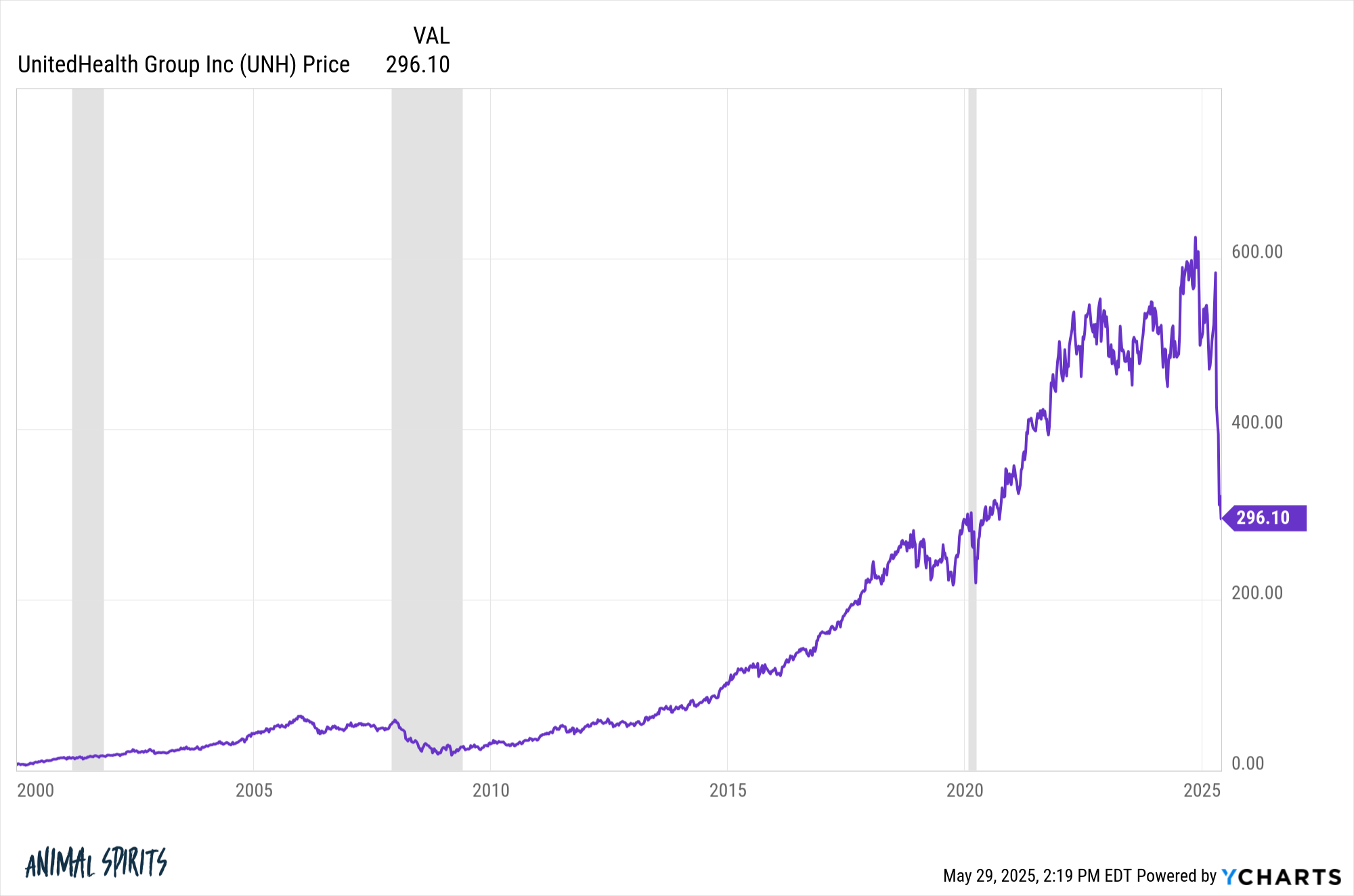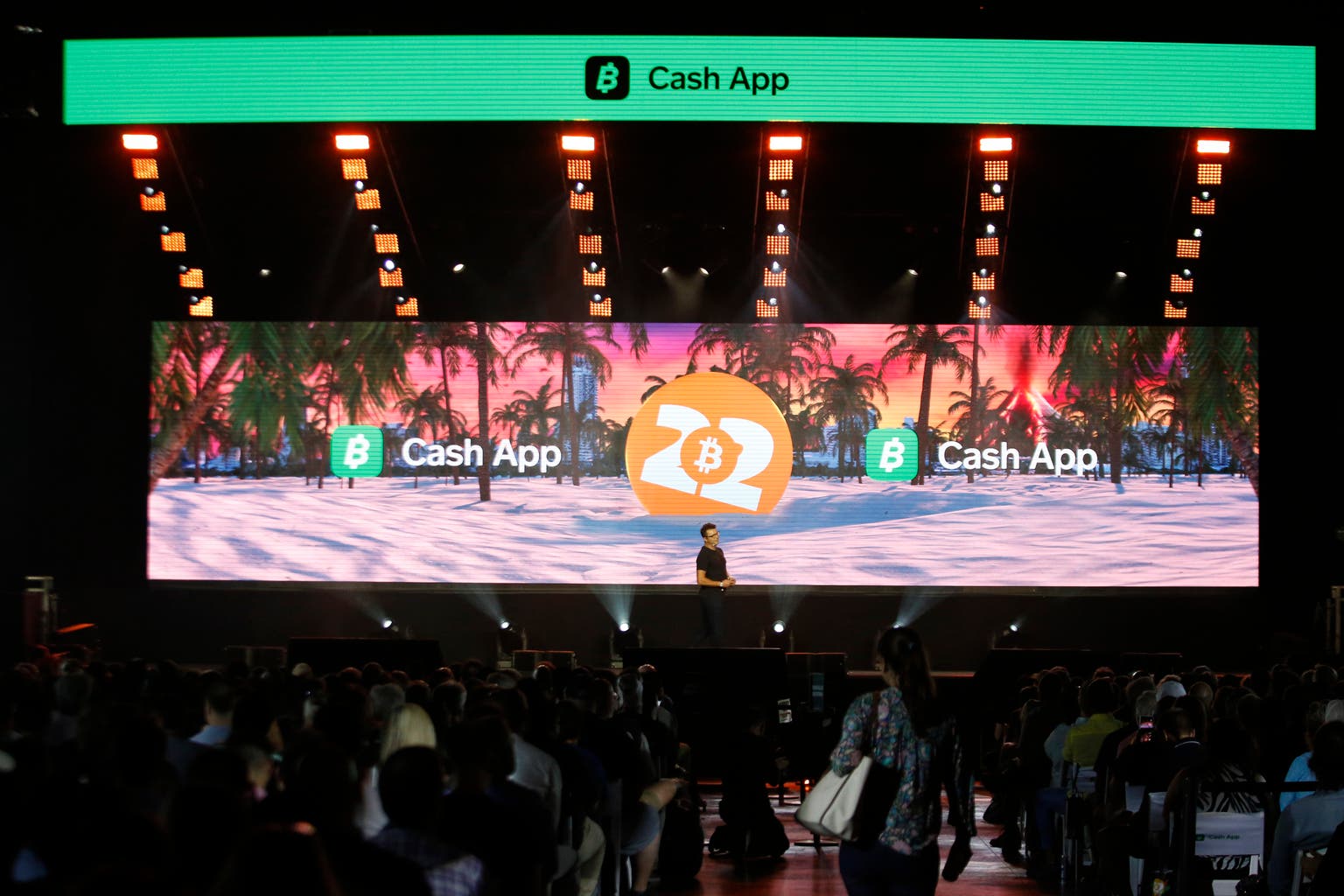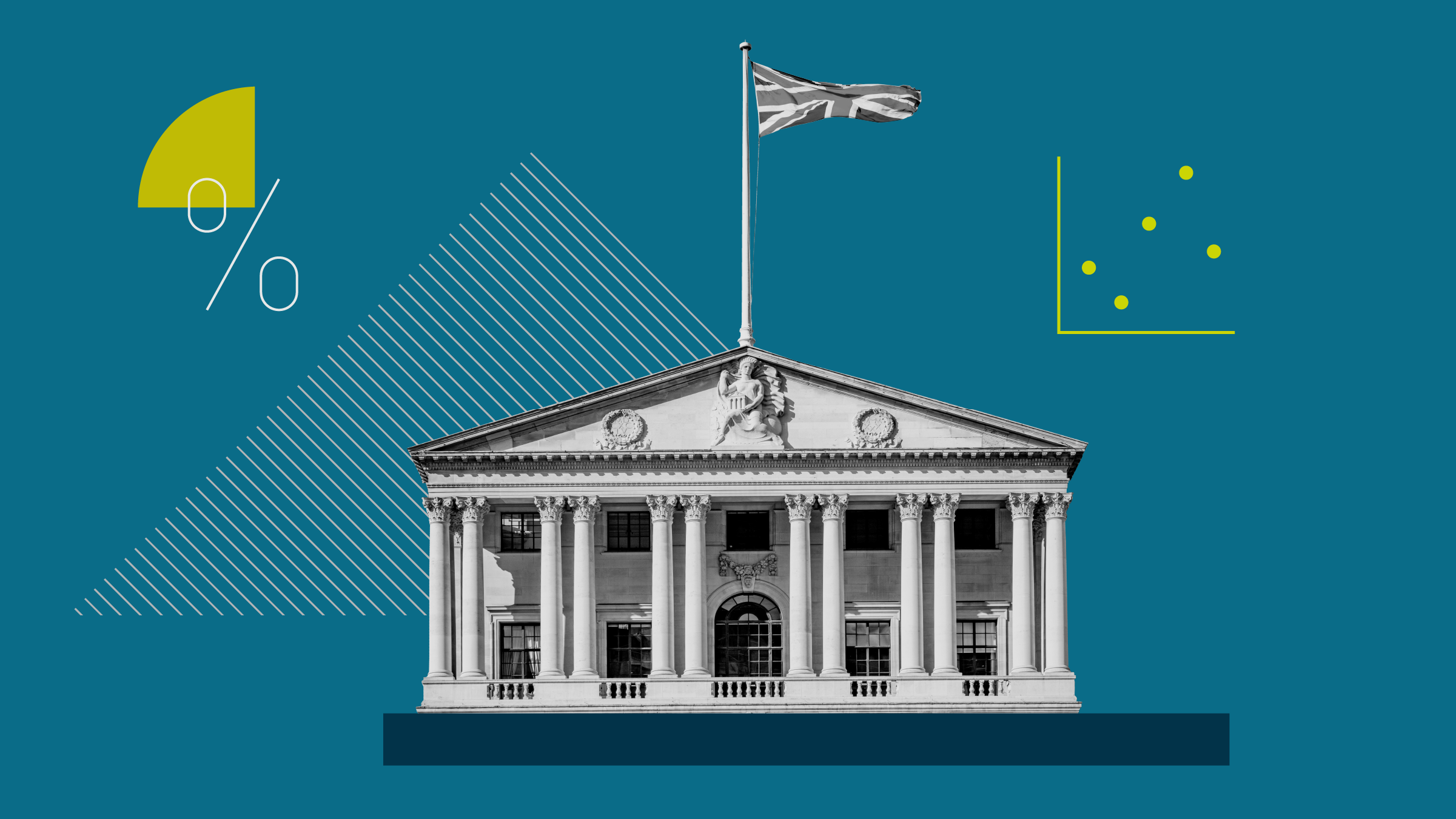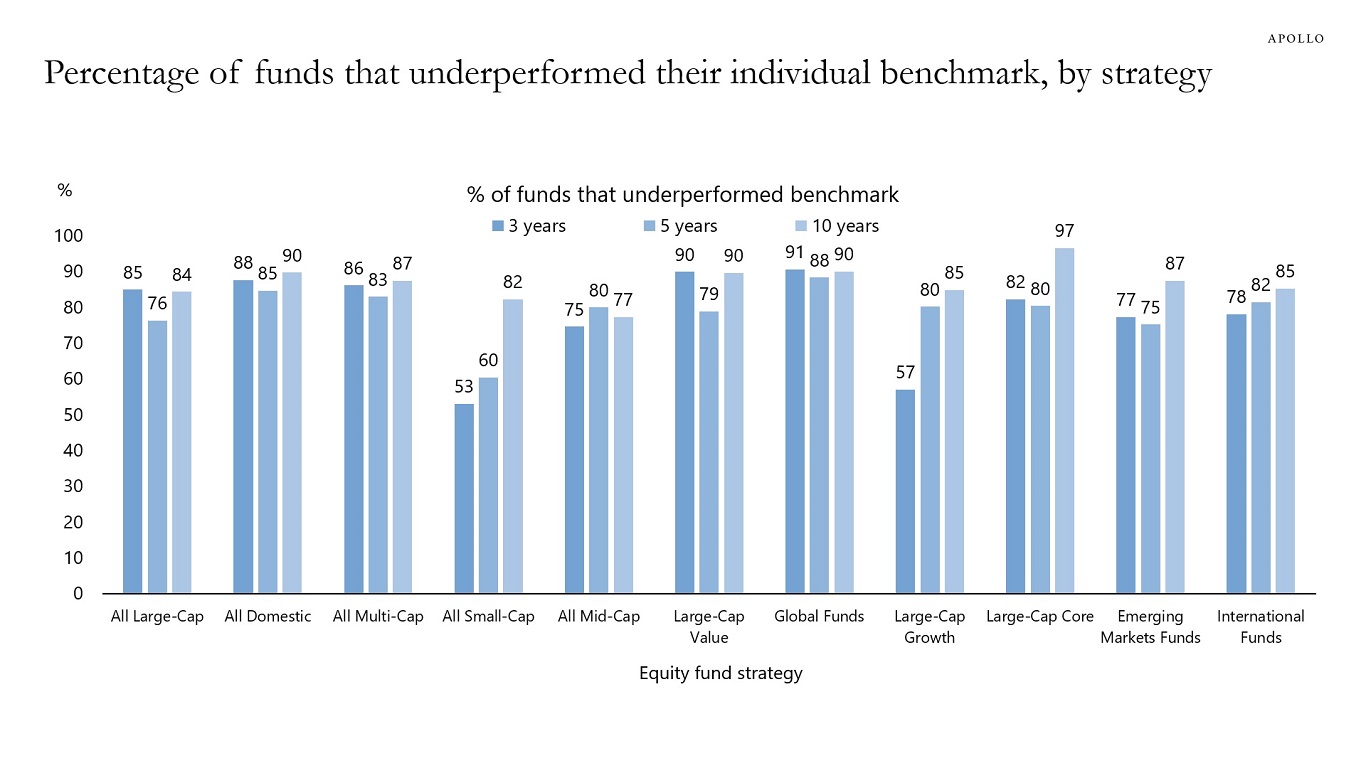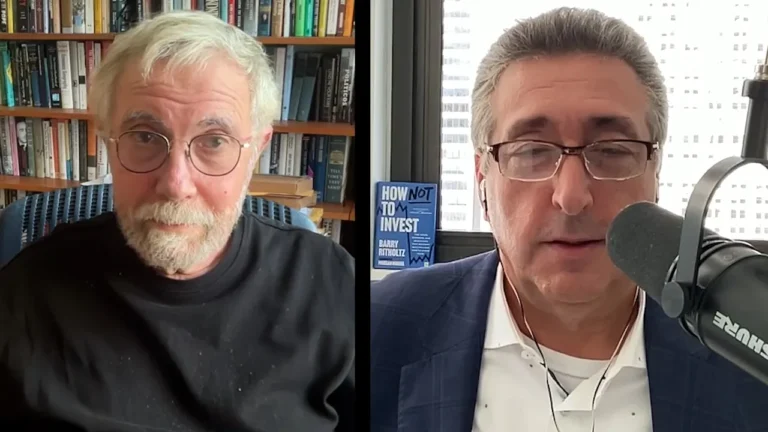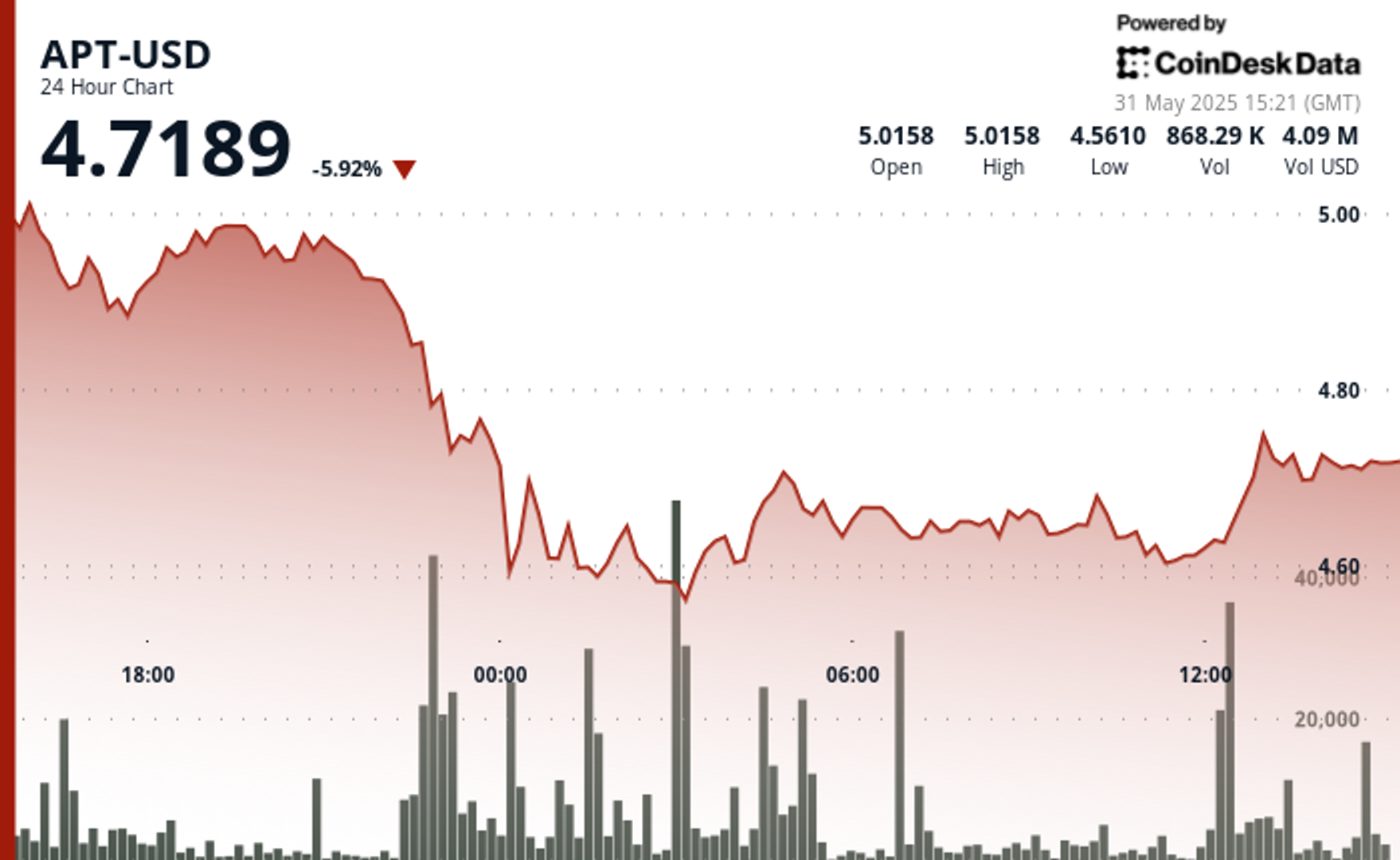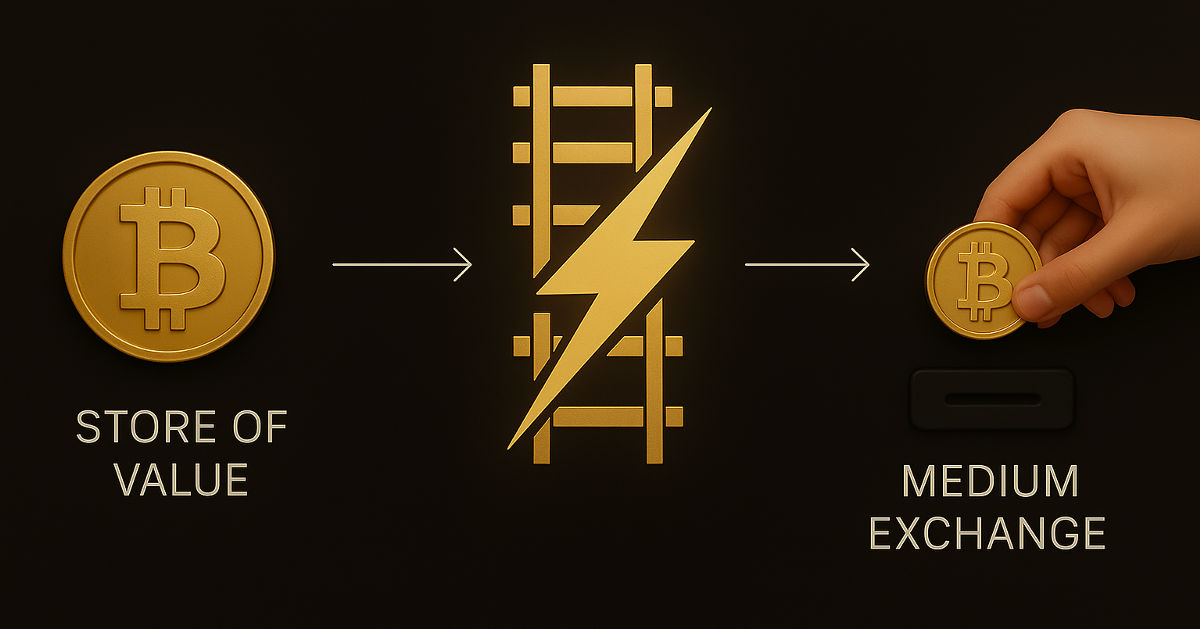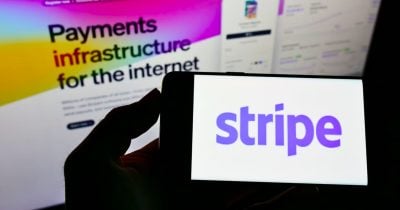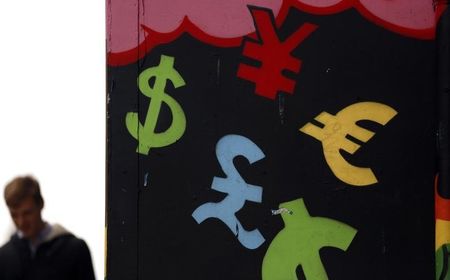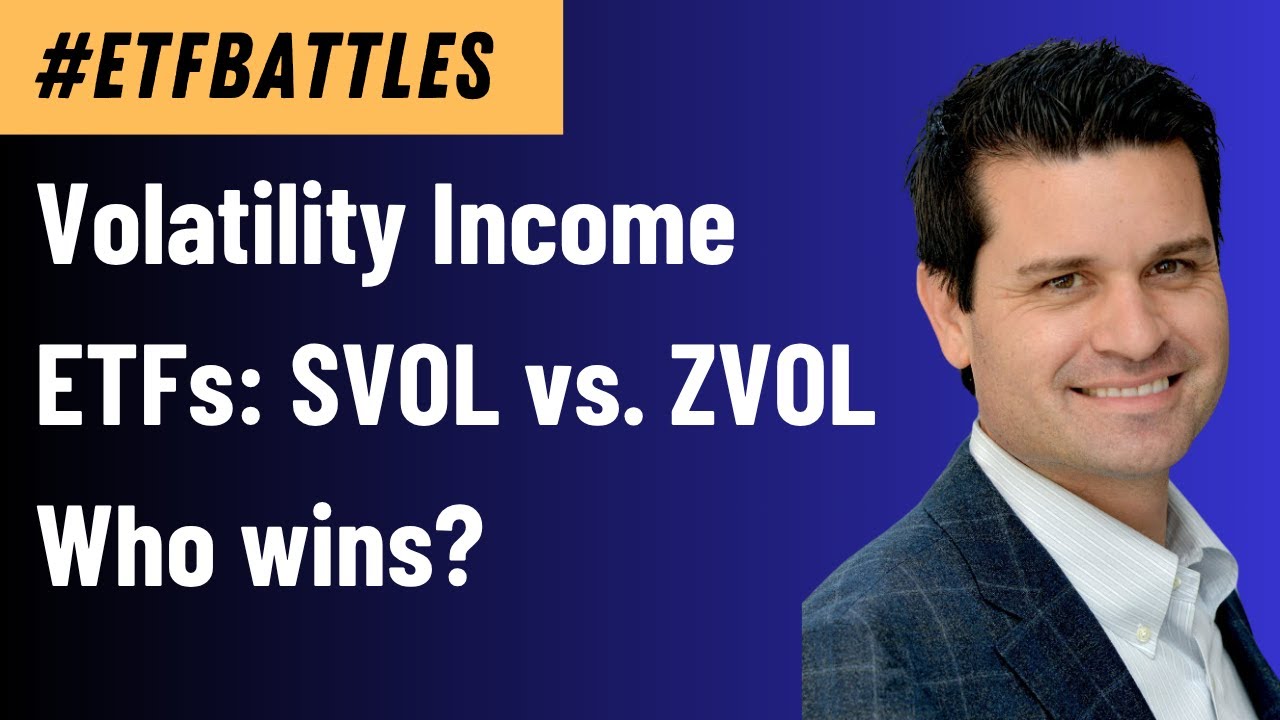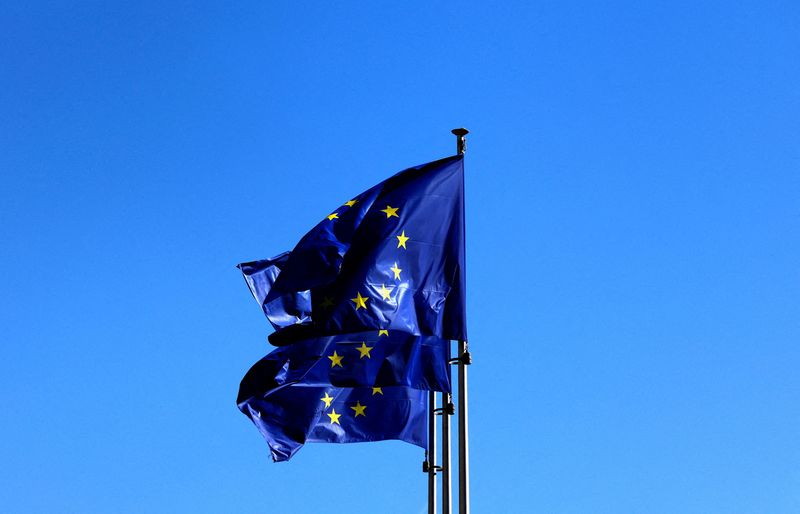The Chime IPO: what investors should know about its $31 a share private market valuation and more
Chime reported losses in 2024 but posted a profit in Q1.

Times have changed for Chime, the once hot fintech that was valued at $25 billion in 2021. That year, the IPO market was sizzling when more than 1,000 companies went public on U.S. exchanges. Chime was widely expected to be one of those companies, but it chose to wait. Four years later, Chime’s valuation appears to have fallen by more than half, while the IPO market is trying to rebound with some big names, like crypto provider Circle, looking to list.
New issues have turned in some strong performances during the past month. The public offerings of online broker eToro Group, Hinge Health and MNTN, the connected TV advertising platform, each rose during their respective debuts and, more importantly, all three have remained above their IPO prices. One of the biggest tests for IPOs will come next week when Circle, the issuer of the crypto stablecoin USDC, begins trading on June 5. Circle could raise as much as $624 million at a roughly $6.7 billion valuation. The Circle IPO is multiple times oversubscribed, Bloomberg reported.
Against this positive background, Chime is expected to launch its roadshow soon. It will then give more information on its pending IPO, including how many shares it will sell and at what price. The fintech will trade on the Nasdaq under the ticker CHYM.
Secondary market trading
Founded in 2012, Chime offers traditional financial services, like fee-free checking and savings accounts, to lower income U.S. consumers that earn up to $100,000 a year. The startup had 8.6 million active members as of March 31, with two-thirds relying on Chime as their primary bank, according to a regulatory filing. Roughly 70% of its members use Chime to buy food, groceries, gas and utilities. As of March 31, the startup employed 1,465 workers, or “Chimers,” spread across three offices, including one-third in San Francisco.
Chime is not a bank and doesn’t have a bank charter. Instead, it partners with Bancorp Bank and Stride Bank to provide its services.
“Chime definitely has a great brand for that particular cohort, the under banked,” said Dan Dolev, a senior analyst in fintech equity research at Mizuho Securities. “They’ve done a great job getting the name out there.”
Perhaps the biggest question hanging over Chime is its valuation. Chime has collected $2.3 billion in funding from investors, including General Atlantic, Tiger Global Management, and Sequoia Capital. In 2021, the last time Chime raised money, its shares were valued at $69.07 but that has fallen. Pricing data from Forge, an online marketplace for buying and selling shares of private firms, marked Chime at $31.50 as of May 26. Chime shares have actively traded in the private markets this year and the $31.50 is based on recent trading activity, Forge said. On Hiive, a private stock marketplace, the last accepted bid for Chime was $31 in early March, a spokesman said. There are also standing bids for Chime shares at $40 but no sellers, the spokesman said. This likely indicates that sellers are waiting for prices to move higher.
Some believe it is misleading to value a company based on secondary market prices. The secondary market is considered less transparent than the public market, it is more loosely regulated and sales often involve small volumes of stocks, which may not accurately represent a company’s true value.
Either way, a $31 or $31.50 price for Chime indicates a drop in value of more than 50%. Chime has yet to disclose how many shares it has outstanding so the fintech’s total valuation is unclear.
“Like many companies, Chime likely could have gotten a higher valuation had it gone public at the peak of the last cycle in 2021,” said Matt Kennedy, senior IPO strategist at Renaissance Capital, a provider of pre-IPO research that manages two IPO-focused ETFs (NYSE: IPO, IPOS).
Chime declined to comment.
Lots of competition
The field of companies that offer services to lower income consumers has grown more crowded. Green Dot, which has targeted this segment since 2001, is currently up for sale. (Chris Britt, Chime’s cofounder and CEO, previously worked at both Green Dot and Visa.) One of Chime’s bigger rivals is Cash App, which targets the same group of low-income consumers. Revenue for Cash App in 2024 rose 11% to $16.2 billion, with most, about $10.1 billion, coming from Bitcoin trading. Block, formerly known as Square, owns Cash App.
“Cash App is so established that it makes it difficult to compete,” Dolev said.
Mizuho’s Dolev says Cash App, which has a debit card, has a more diversified revenue stream than Chime which relies on unregulated interchange—a term that describes debit card fees not subject to a federal cap. Dolev estimates that Chime makes about 1% of every dollar spent in debit card transactions on a net basis, while large banks are capped at 21 cents per transaction. For example, if a consumer uses a Chime debit card to buy $50 worth of groceries at the supermarket, the fintech makes about 50 cents.
Chime is the first US-based neobank to go public via a traditional IPO, Renaissance Capital’s Kennedy said. (Nu Holdings, of Brazil, went public in 2021 but targets Latin America.) Other neobanks waiting to launch their IPOs include Klarna, which is known more for its buy now, pay later, or BNPL, services. Klarna is reportedly delayed until late in 2025. Revolut, the London fintech, is a licensed bank in the EU and is widely anticipated to go public but has yet to set a date.
Chime is unprofitable on a yearly basis with losses narrowing to $25.3 million in fiscal 2024. The company was profitable in the first quarter, reporting nearly $13 million in net income, compared to nearly $16 million in profit for the same quarter in 2024. (But it reported nearly $20 million in losses for the three months ended Dec. 31.)
Revenue for Chime rose 31% to about $1.7 billion for fiscal 2024 and grew on a quarterly basis, by 32%, to $518.7 million for the three months ended March 31. A majority of its revenue comes from interchange. “I think we would have liked to see more progress on the bottom line, the net income side, but I don’t see any huge red flags,” Renaissance’s Kennedy said.
This story was originally featured on Fortune.com




































